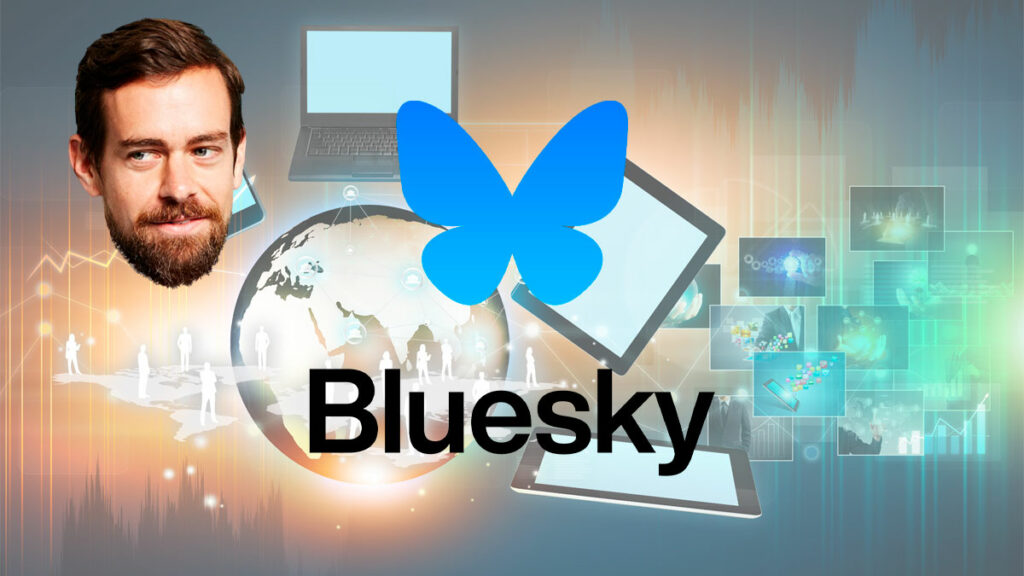TL;DR
- Bluesky, the decentralized social media platform backed by Twitter’s former co-founder Jack Dorsey, is now open to all users.
- The platform’s code is entirely open-source, allowing developers to write their own code on top of Bluesky’s AT Protocol.
- With its technical advancements and user-centric approach, Bluesky is poised to redefine the social media landscape.
Bluesky, the decentralized social media platform backed by Twitter co-founder Jack Dorsey, has opened its doors to all users. The platform, which had been operating on an invite-only model, has now removed these restrictions, marking a new chapter in the evolution of social media.
You can now sign up for Bluesky without an invite! 🎉https://t.co/rUyMjYVEkt pic.twitter.com/PaT4Z6hJnu
— bluesky (@bluesky) February 6, 2024
Bluesky, which already boasts over 3 million users, offers an alternative to traditional social media platforms. It mimics many features of the original Twitter but stands out due to its underlying infrastructure. The platform was born out of a project within Twitter that aimed to build a decentralized infrastructure for social networking.
The platform’s code is entirely open-source, providing transparency into its workings. This openness allows developers to write their own code on top of Bluesky’s AT Protocol, enabling them to create anything from a custom algorithm to an entirely new social platform.
Bluesky CEO Jay Graber believes that the decentralization inherited from DeFi allows for parallel innovation without being bottlenecked by a single organization. “What decentralization gets you is the ability to try multiple things in parallel, and so you’re not bottlenecking change on one organization,” Graber told TechCrunch.
Decentralization: The Core of Jack Dorsey’s Bluesky

This setup gives users more control over their social media experience. Unlike centralized platforms, where users have little say in-app updates, Bluesky users can influence and improve their experience.
While Bluesky is dedicated to providing a user-friendly experience, it does not compromise on its technical advancements. The company plans to introduce an experimental version of open federation later this month. This will allow developers to build their own separate servers, much like Mastodon’s different instances.
Users will be able to choose their server and, if they change their minds, migrate to a different server without losing their posts, followers, and following lists. An impending update is set to empower individual users or organizations with the ability to establish their own services for content moderation.
With these developments, Bluesky is poised to redefine the social media landscape, offering a decentralized, user-centric alternative to traditional platforms. As it opens its doors to all users, the world watches with anticipation.










